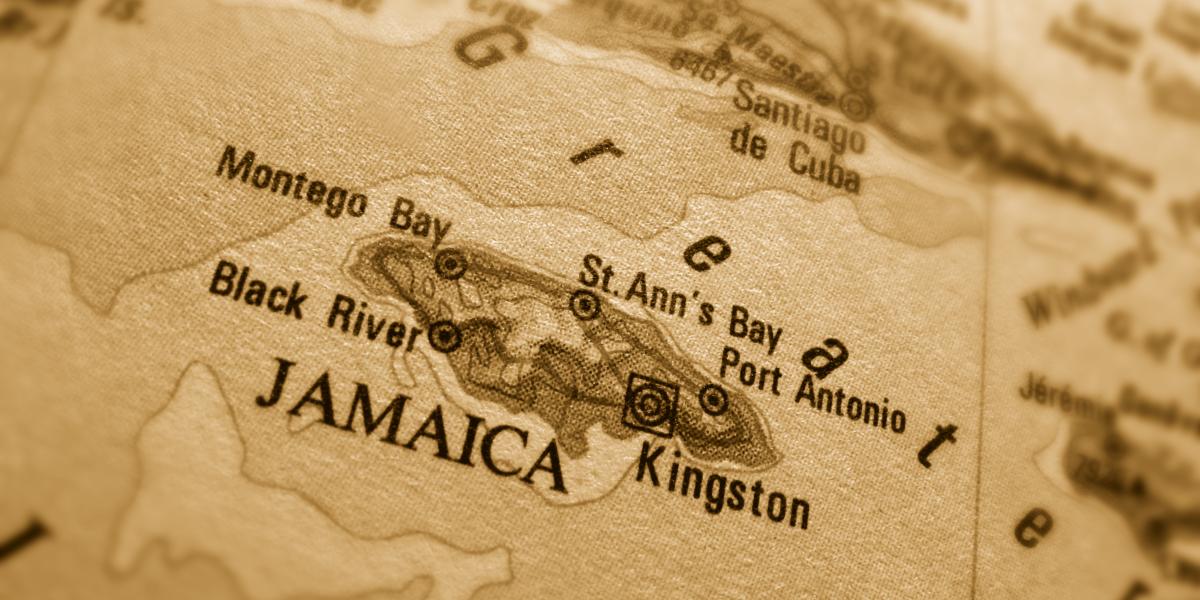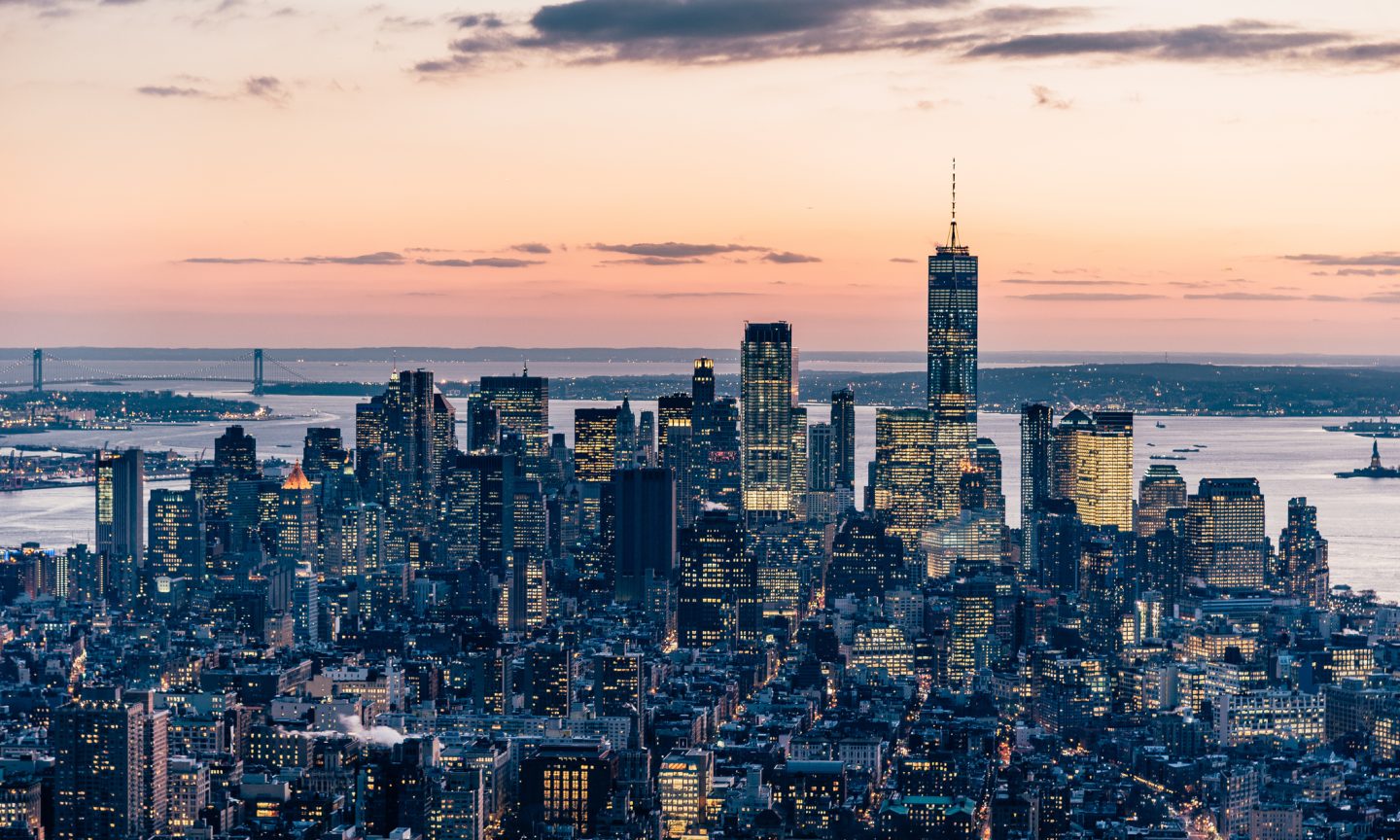New York City’s crackdown on short-term rentals such as Airbnb and Vrbo has begun, and the effects are being felt throughout the industry and among travelers visiting the area.
The city adopted Local Law 18, which requires hosts to register with the city or face stiff fines, in 2022, but enforcement didn’t begin until September 2023. Experts say the change has already reduced the number of short-term rental units in the city.
“The available listings for less than 30 days have fallen by 33.7% year-over-year,” says Bram Gallagher, an economist at AirDNA, a short-term rental analytics platform. “There’s big movement there.”
The law specifically targets stand-alone properties — that is, properties where neither the host nor other guests are on-site. Experts expect such rentals to see the biggest changes in availability. Yet, the reduction in supply for stand-alone units could drive up demand for shared spaces and hotels, leading to a potential increase in lodging prices across the board.
That’s what Roger Tran, a city employee from Ontario, Canada, experienced on a September vacation to New York City.
“New York is always going to be expensive, but to my surprise, Airbnbs weren’t cheaper at all than hotels,” Tran says. “I was looking in Manhattan, Queens, Brooklyn, Jersey City. I didn’t mind commuting, but even there it was expensive.”
Though it’s too early to say how the new law will ultimately shake out in New York’s vast lodging industry, it’s clear that the tide is shifting away from short-term rentals and into other forms.
NYC supply has dropped, prices are rising
In the rest of the country, the supply of short-term rental properties has been steadily increasing for the last few years. The number of available listings in the U.S. rose 14.5% in September 2023 to more than 1.5 million units compared with the same time last year, according to AirDNA data.
In other words, New York City is running against the current nationally in terms of adding short-term rentals.
“Supply in NYC has been flat over the last couple of months, which is noticeable since the number of listings had been increasing prior to that,” said Melanie Brown, executive director of data Insights for Key Data, a short-term rental market data service, in an email.
AirDNA’s Gallagher says New York ranked third from last in October among the top 50 short-term rental markets in terms of demand growth. That was behind even Maui, Hawaii; Cape Coral, Florida; and Fort Myers, Florida — areas that have suffered recent natural disasters.
Even though bookings slowed over the same time period, reduction in demand hasn’t kept pace with the tightening supply. As a result, prices are increasing, with average daily rates up 23% year-over-year in September compared with a 17% year-over-year increase in July for shared and private rooms, according to Key Data.
Rooms in shared accommodations are not affected by Local Law 18, suggesting that an overall contraction in supply is pushing guests to seek other options, driving prices higher even for units not restricted by the law.
The landscape is changing quickly
Beyond the simple logic of supply and demand fluctuations, experts say the new law’s enforcement has changed how — and where — hosts list their properties.
For example, because the law requires permitting only for bookings under 30 days, some hosts are changing how they list their properties.
“We’ve seen a big switch over from short-term rentals to long-term rentals, which are 30 days or more,” Gallagher says. “New York City has had a lot of those, and now it has even more.”
That might make sense for hosts, but it keeps the total supply of short-term units available on these platforms relatively flat. And for guests looking for short-term rentals, this will mean fewer options to choose from when searching.
Also, because the restrictions apply only to New York City itself, the new law has led many guests to seek accommodations on the other side of the Hudson River.
“Interestingly, the number one demand growth area was Jersey City and Newark,” Gallagher says, noting that bookings in this region of New Jersey rose a whopping 61% in October 2023 compared with the same month in 2022.
And though it’s too early to tell, the reduced options and higher costs of short-term rentals in the city could drive some travelers to seek other options. That’s where Tran landed on his recent trip.
“I went for a hostel, which was the cheapest option,” Tran says. “It was great. I was a 10-minute train ride from Times Square.”
How to maximize your rewards
You want a travel credit card that prioritizes what’s important to you. Here are our picks for the best travel credit cards of 2023, including those best for:







































